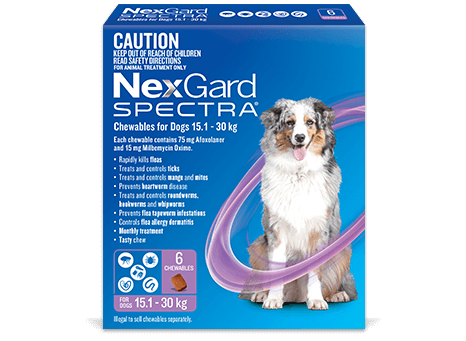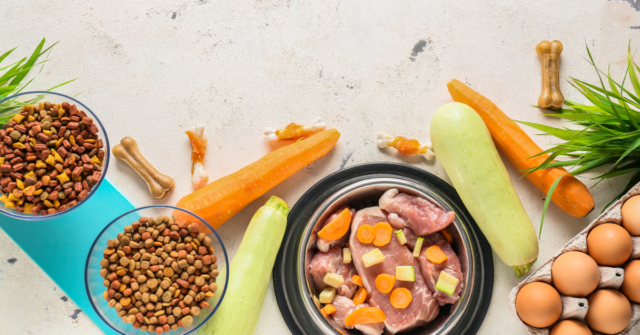Welcome to our comprehensive guide on organic dog food.
With an increasing number of Australian dog owners showing interest in organic food options for their pets, this guide aims to explore whether going organic is just a trend or a real necessity for your dog’s health.
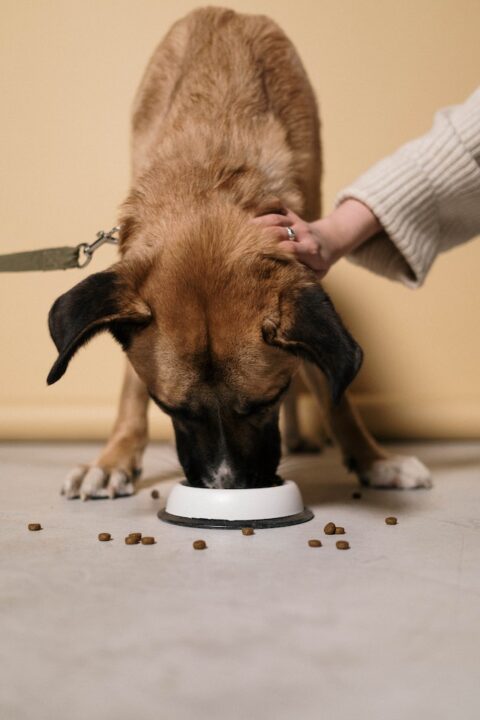
The Growing Trend of Organic Dog Food in Australia
The organic food movement isn’t just sweeping the human food market; it’s making significant waves in the pet food industry too, especially in Australia.
In recent years, pet parents have begun to question traditional pet food options and are exploring healthier alternatives like organic dog food.
But how much of this shift is based on facts, and how much is simply marketing?
Why Organic Food Is a Hot Topic
Organic food has been a hot topic for years now, with a focus on ethical sourcing, sustainability, and health benefits.
With increased awareness of what goes into our food, it’s no surprise that this trend has extended to pet food as well.
Australian consumers are more conscious than ever about their choices, and this extends to their four-legged family members.
The Rise of Organic Dog Food Brands
Over the last decade, there has been a surge in the number of organic dog food brands in Australia.
Companies are responding to increased consumer demand for transparent ingredient lists and ethical production practices.
The Australian market now boasts a variety of organic options for dogs, making it easier for owners to make the switch.
Is Organic Dog Food Worth the Hype?
The million-dollar question remains: Is organic dog food really worth the hype?
This guide aims to break down the research, expert opinions, and consumer experiences to help you decide if organic dog food is the right choice for your pet.
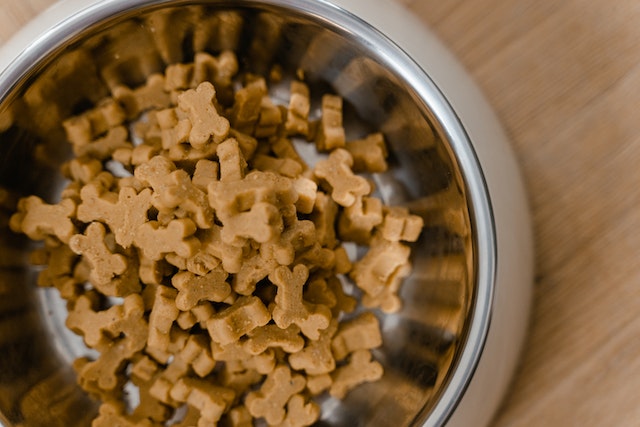
What Is Organic Dog Food?
Before diving into whether organic dog food is beneficial, let’s first define what “organic” really means in the context of dog food.
The term can often be confusing and misleading, so it’s important to understand the basics.
Defining “Organic” in Human and Dog Food
In human food, the term “organic” refers to the way agricultural products are grown and processed.
This typically excludes the use of synthetic pesticides, genetically modified organisms (GMOs), and certain farming practices. In the case of dog food, the term generally holds the same meaning.
Organic dog food should consist of ingredients that are free from synthetic pesticides, artificial preservatives, and other chemical additives.
Key Ingredients Found in Organic Dog Food
Common ingredients found in organic dog food include organic meats, fruits, and vegetables.
Often, they are devoid of fillers like corn, wheat, and soy which are commonly found in many non-organic pet foods. Instead, you might find high-quality grains like organic brown rice or barley.
Common Brands of Organic Dog Food in Australia
Brands like Ivory Coat, SavourLife, and Meals for Mutts offer organic or natural dog food options and are readily available in Australia.
These brands focus on high-quality ingredients that are sourced responsibly and sustainably.
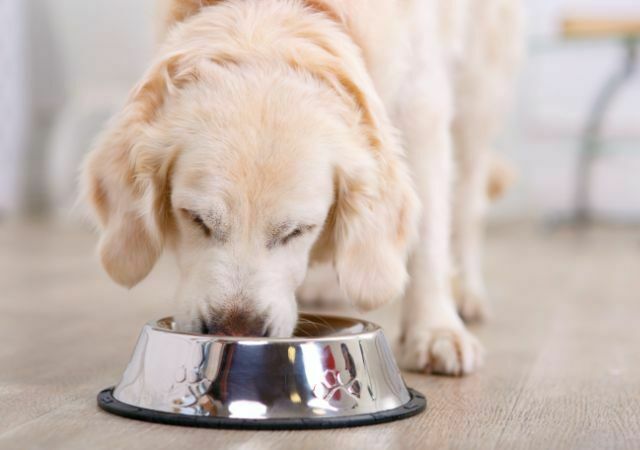
The Science Behind Organic Dog Food
Now that we know what organic dog food is, let’s examine what science has to say about it. Is organic dog food scientifically proven to be better for your pet?
Research Studies on Organic vs. Non-Organic Dog Food
Scientific studies comparing the benefits of organic over non-organic dog food are still limited. However, existing research does indicate that organic foods generally contain higher levels of essential nutrients.
While direct studies on dogs may be scarce, general nutritional benefits could potentially extend to your canine companion.
Expert Opinions: What Veterinarians Say
Many veterinarians are cautious but optimistic about the potential benefits of organic dog food.
While the scientific evidence is not definitive, vets often agree that organic options can be a healthier choice due to the absence of artificial additives and the presence of nutrient-rich ingredients.
The Nutritional Aspect: Is Organic More Nutritious?
Generally speaking, organic foods are considered to be more nutritious because they are less processed and free from synthetic additives.
They often contain more antioxidants, vitamins, and minerals, which can be beneficial for overall health.
However, it’s crucial to read the label carefully and consult your vet to ensure the food meets all of your dog’s nutritional needs.

Pros and Cons of Organic Dog Food
Like any other product, organic dog food comes with its own set of advantages and disadvantages. Here are some key points to consider.
Benefits for Your Dog’s Health
Organic dog food is often free from artificial preservatives, colours, and flavours, making it a healthier option for dogs that are sensitive to chemicals.
High-quality ingredients can also lead to better digestion, more energy, and improved skin and coat health.
Environmental Benefits
Choosing organic dog food can have environmental benefits as well.
Organic farming practices are generally more sustainable and have a lower impact on the environment compared to conventional methods.
Cost Considerations
One of the significant downsides to organic dog food is the cost. Organic ingredients are more expensive to produce and source, leading to higher retail prices.
If you’re considering switching, be prepared for a bump in your monthly pet budget.
Limitations and Concerns
It’s essential to note that not all organic dog foods are created equal. Some brands might use the term “organic” loosely, and the food may not be 100% organic.
Always read the label carefully and consider seeking a third-party certification to verify the product’s organic claims.

Organic Dog Food and Australian Regulations
Understanding Australian regulations around organic dog food can help you make an informed decision. Here’s what you need to know.
Labelling and Certification in Australia
In Australia, pet foods, including organic options, are governed by the Pet Food Industry Association of Australia (PFIAA). To claim a product as organic, companies must meet strict certification criteria.
Always look for certification labels like the Australian Certified Organic (ACO) to ensure that you’re buying a genuinely organic product.
Compliance with Australian Standards
Organic dog foods should also comply with the Australian Standard for the Manufacturing and Marketing of Pet Food (AS5812).
This standard provides guidelines on nutritional content, labelling, and marketing practices.
Imported vs. Locally Produced Organic Dog Food
While there are several local Australian brands offering organic dog food, imported options are also available.
However, it’s crucial to be aware that imported products may have been produced under different regulations and may not necessarily meet Australian standards.
Consumer Opinions: Real Stories from Australian Dog Owners
Consumer opinions can offer valuable insights into the effectiveness and quality of organic dog food. Here’s what some Australian dog owners have to say.

Success Stories: Positive Impacts on Dog’s Health
Many Australian dog owners report noticeable improvements in their dogs’ health after making the switch to organic food.
Common feedback includes enhanced coat quality, increased energy levels, and better digestive health.
“Since switching to organic dog food, my Labrador, Lucy, has never been better! Her coat is shinier, and she seems to have a lot more energy during our walks. Couldn’t be happier!” – Sarah, Sydney
“Our German Shepherd had digestive issues with regular dog food. A friend recommended going organic, and it has been a game-changer. No more digestive problems and he loves the taste!” – Tim, Melbourne
Skeptic Views: Is It Just a Marketing Gimmick?
However, there are also sceptics who question the purported benefits of organic dog food, often labelling it as a marketing gimmick.
These owners argue that a balanced diet can be achieved without going organic and that the higher costs are not justified.
“I tried organic dog food for a few months, and honestly, I didn’t notice any significant changes in my dog’s health. It’s way more expensive, so I’ve switched back to conventional food.” – Emily, Brisbane
“Is organic better? Maybe. But my dog has been on non-organic food for years and she’s as fit as a fiddle. I think it’s more about a balanced diet than anything else.” – Luke, Perth
Feeding Guide: How to Transition Your Dog to Organic Food
If you’re convinced that organic is the way to go, the next step is to transition your dog to the new diet. Here’s a step-by-step guide to help you make the switch smoothly.
Consulting Your Veterinarian
Before making any significant changes to your dog’s diet, consult your veterinarian. They can offer personalized advice based on your dog’s age, breed, and health status.

Transition Plan: A Step-by-Step Guide
Transitioning should be done gradually to avoid digestive issues. Start by mixing a small amount of the organic food with your dog’s current food and gradually increase the proportion over a week or two.
Monitoring and Adjusting: What to Look Out For
Monitor your dog’s health closely during the transition. Keep an eye out for changes in weight, energy levels, and stool consistency. If you notice any adverse effects, consult your veterinarian for advice.
FAQs: Common Questions About Organic Dog Food
We understand that you might still have some questions about going organic. Here are answers to some commonly asked questions to help you make an informed decision.
Is Organic Dog Food Suitable for All Breeds?
Generally, organic dog food is suitable for all breeds; however, some dogs with specific health issues may require specialized diets. Always consult your veterinarian before making any changes to your pet’s diet.
Can I Prepare Homemade Organic Dog Food?
Yes, you can prepare homemade organic dog food, but it’s crucial to consult your vet for a balanced recipe.
Keep in mind that it can be time-consuming and may require a commitment to sourcing high-quality organic ingredients.
Is Organic Food Recommended for Dogs with Medical Conditions?
For dogs with certain medical conditions like allergies or digestive issues, organic food could be beneficial. However, consult your veterinarian for a personalized recommendation.

Conclusion: Making the Informed Decision for Your Dog
At the end of the day, choosing the right food for your dog is a personal decision that should be made based on research, consultation with veterinarians, and consideration of your dog’s specific needs.
Is Organic Dog Food a Fad or a Necessity?
The term ‘fad’ suggests a trend that’s here today and gone tomorrow.
While the rise in organic dog food’s popularity may look like a trend, its benefits, both health and environmental, suggest that it is more than just a passing phase.
Key Takeaways and Recommendations
Switching to organic dog food can offer potential benefits, but it’s crucial to do your research and consult your vet. If you decide to go organic, always look for certified products that meet Australian standards.







